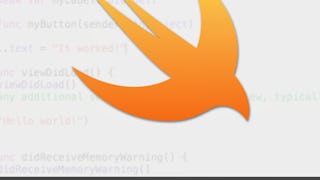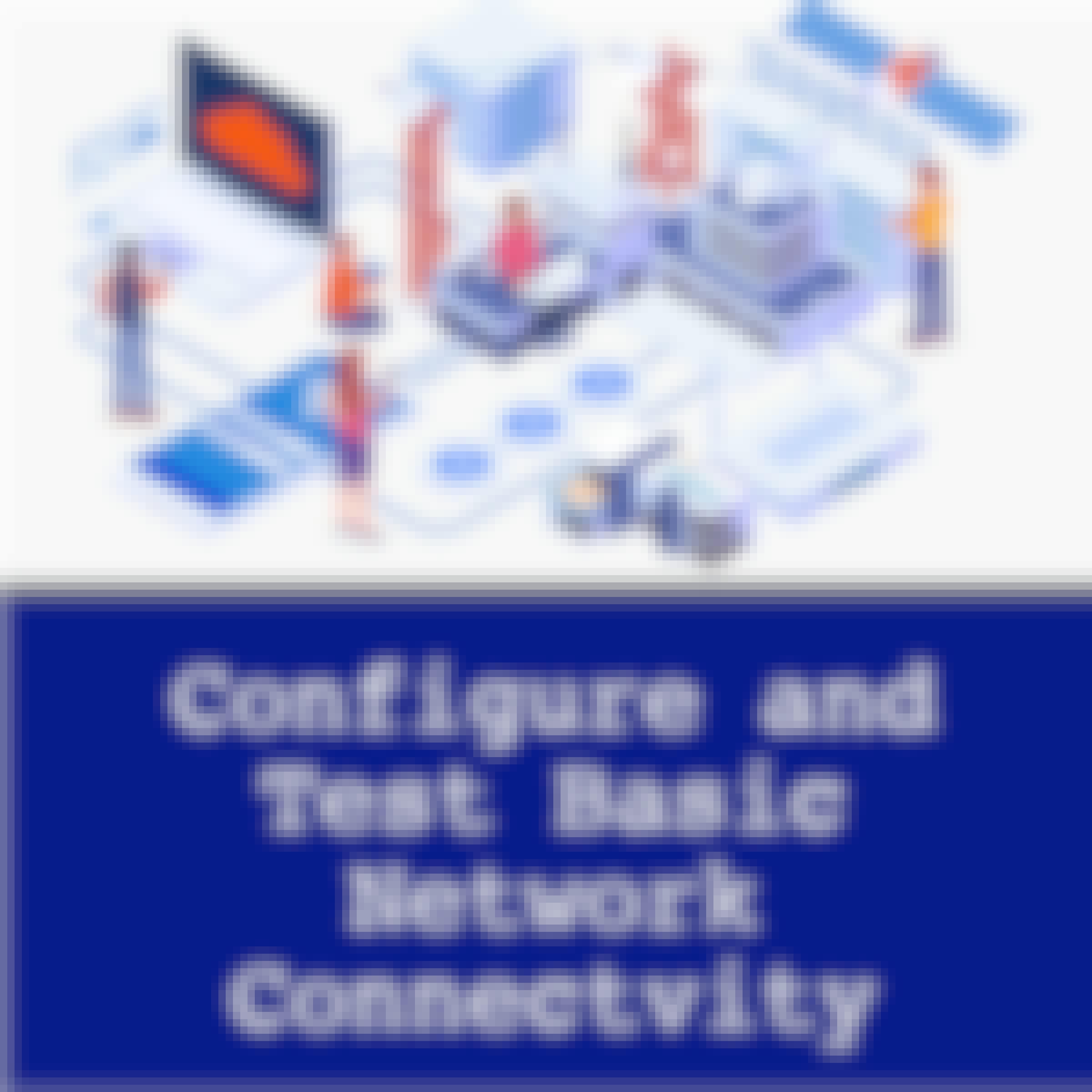- Browse
- Instructional Design
Results for "instructional design"
 Status: Free TrialFree TrialL
Status: Free TrialFree TrialLL&T EduTech
Skills you'll gain: Design Reviews, Autodesk Revit, Building Information Modeling, Visualization (Computer Graphics), Augmented and Virtual Reality (AR/VR), Engineering Analysis, Architectural Engineering, Coordination, Structural Engineering, Construction Management, Construction, Technical Standard
4.6·Rating, 4.6 out of 5 stars36 reviewsIntermediate · Course · 1 - 3 Months
 Status: PreviewPreviewA
Status: PreviewPreviewAAlfaisal University | KLD
Skills you'll gain: Business Management, Leadership and Management, Business Administration, People Management, Performance Management, Organizational Structure, Organizational Effectiveness, Goal Setting, Administrative Support, Leadership, Human Resources
4.9·Rating, 4.9 out of 5 stars288 reviewsBeginner · Course · 1 - 4 Weeks
 Status: PreviewPreviewE
Status: PreviewPreviewEEdureka
Skills you'll gain: Prompt Engineering, Generative AI Agents, Generative AI, AI Workflows, Creative Design, Visualization (Computer Graphics), ChatGPT, Image Quality, Artificial Intelligence
4.3·Rating, 4.3 out of 5 stars49 reviewsBeginner · Course · 1 - 4 Weeks
 Status: Free TrialFree Trial
Status: Free TrialFree TrialSkills you'll gain: Open Web Application Security Project (OWASP), Vulnerability Assessments, Application Security, Vulnerability Management, Secure Coding, Hardening, Security Controls, Cybersecurity, Authorization (Computing), Cryptography, System Configuration, Encryption
4.5·Rating, 4.5 out of 5 stars74 reviewsIntermediate · Course · 1 - 3 Months
 Status: Free TrialFree TrialL
Status: Free TrialFree TrialLLearnQuest
Skills you'll gain: Apple iOS, iOS Development, Transaction Processing, Mobile Development, User Interface (UI), UI Components, Payment Systems, User Experience Design, User Experience
4.7·Rating, 4.7 out of 5 stars88 reviewsAdvanced · Course · 1 - 4 Weeks
 Status: Free TrialFree TrialM
Status: Free TrialFree TrialMMeta
Skills you'll gain: Git (Version Control System), Android Jetpack, Android Development, Android Studio, User Interface and User Experience (UI/UX) Design, Mobile Development, User Interface (UI), Kotlin, Application Development, Wireframing, User Flows
4.7·Rating, 4.7 out of 5 stars41 reviewsIntermediate · Course · 1 - 4 Weeks
 Status: Free TrialFree Trial
Status: Free TrialFree TrialSkills you'll gain: Building Codes, Construction, Safety Training, Construction Inspection, Safety Assurance, Safety Standards, Building Services Engineering, Building Design, Facility Management and Maintenance, Hazard Analysis, Electrical Systems, HVAC, Control Systems, Design Specifications, Hydraulics, Systems Integration
4.6·Rating, 4.6 out of 5 stars61 reviewsIntermediate · Course · 1 - 4 Weeks
 Status: Free TrialFree Trial
Status: Free TrialFree TrialSkills you'll gain: Network Planning And Design, Microsoft Azure, Network Troubleshooting, Network Security, Network Architecture, Network Monitoring, Load Balancing, Virtual Networking, Network Performance Management, Network Administration, Network Infrastructure, Scalability, Computer Networking, Firewall, Virtual Private Networks (VPN), Performance Tuning, Cloud Deployment, Wide Area Networks, Role-Based Access Control (RBAC), General Networking
4.8·Rating, 4.8 out of 5 stars127 reviewsBeginner · Specialization · 3 - 6 Months

Skills you'll gain: Dynamic Host Configuration Protocol (DHCP), Virtual Networking, Network Administration, Network Troubleshooting, TCP/IP, Computer Networking, Local Area Networks, General Networking, Network Switches, Network Routers, Simulations, Configuration Management, Information Technology, Verification And Validation, System Testing
4.5·Rating, 4.5 out of 5 stars91 reviewsIntermediate · Guided Project · Less Than 2 Hours
 Status: Free TrialFree TrialA
Status: Free TrialFree TrialAArizona State University
Skills you'll gain: Curiosity, Lean Methodologies, Design Thinking, Entrepreneurship, Commercialization, Innovation, Problem Solving, Customer Analysis, Presentations, Creative Thinking, Target Audience, Brainstorming, Customer Insights, Market Opportunities, Team Oriented, Ideation, Market Research, Solution Design, Business Research, Complex Problem Solving
4.8·Rating, 4.8 out of 5 stars80 reviewsBeginner · Specialization · 3 - 6 Months
 Status: PreviewPreviewT
Status: PreviewPreviewTTechnical University of Munich (TUM)
Skills you'll gain: Traffic Flow Optimization, Transportation Operations, Sustainable Design, Environmental Issue, Sustainable Engineering, Feasibility Studies, Emerging Technologies, Regulatory Compliance, Concept Of Operations, Data-Driven Decision-Making, Market Dynamics, Human Factors, Safety Standards
4.4·Rating, 4.4 out of 5 stars90 reviewsIntermediate · Course · 1 - 3 Months
 K
KKorea Advanced Institute of Science and Technology(KAIST)
Skills you'll gain: Vibrations, Equipment Design, Engineering Analysis, Engineering Calculations, Mathematical Modeling, Applied Mathematics, Differential Equations, Calculus, Physics
4.7·Rating, 4.7 out of 5 stars46 reviewsIntermediate · Course · 1 - 3 Months
Searches related to instructional design
In summary, here are 10 of our most popular instructional design courses
- BIM Coordination: L&T EduTech
- ما هي الإدارة ولماذا نحتاج إليها |What and Why of Management: Alfaisal University | KLD
- Introduction to Midjourney: Edureka
- OWASP Top 10 - Welcome and Risks 1-5: Infosec
- iOS App Store & In-App Purchases: LearnQuest
- Android App Capstone : Meta
- Basics of Fire Protection, Detection and Life Safety Systems: L&T EduTech
- Azure Network Engineer: AZ-700 Exam Prep & Certification: EDUCBA
- Configure and Test Basic Network Connectivity: Coursera
- Technology & Entrepreneurship: Arizona State University










